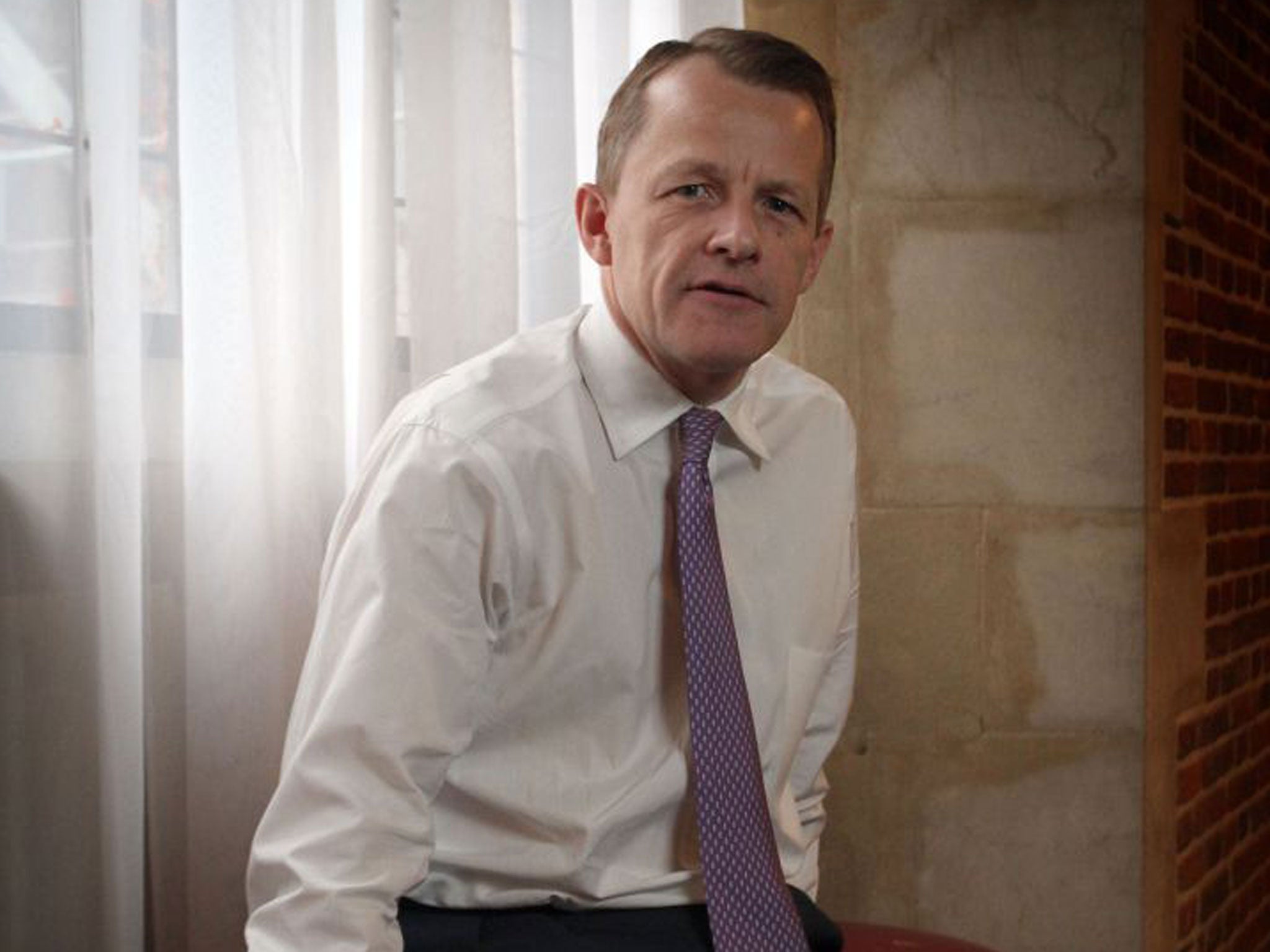Schools in well-off areas 'are failing' poorer pupils - who get better exam results in deprived areas
Minister says schools with more affluent pupils have disgraceful record for helping disadvantaged children

Your support helps us to tell the story
From reproductive rights to climate change to Big Tech, The Independent is on the ground when the story is developing. Whether it's investigating the financials of Elon Musk's pro-Trump PAC or producing our latest documentary, 'The A Word', which shines a light on the American women fighting for reproductive rights, we know how important it is to parse out the facts from the messaging.
At such a critical moment in US history, we need reporters on the ground. Your donation allows us to keep sending journalists to speak to both sides of the story.
The Independent is trusted by Americans across the entire political spectrum. And unlike many other quality news outlets, we choose not to lock Americans out of our reporting and analysis with paywalls. We believe quality journalism should be available to everyone, paid for by those who can afford it.
Your support makes all the difference.Schools in the most affluent parts of England are failing pupils from poor families, who are getting better exam results in deprived areas, the Government warns today.
David Laws, the Schools minister, described the record of schools in “some of the leafiest parts of the country” as “a disgrace”, accusing them of wasting extra money provided for disadvantaged young people. If these schools fail to improve the “outrageously low” exam results of poor children, he warned, they could eventually face closure.
In an interview with The Independent, the Liberal Democrat minister announced plans to ensure his party’s £2.5bn-a-year pupil premium scheme makes more impact. Until now, Ofsted, the schools inspectorate, has focused mainly on overall exam results rather than the “attainment gap” between pupils from low-income and more affluent families. It will now monitor the gap in every school.
Under the scheme, the 1.8 million pupils on free school meals or who have qualified for them in the past six years, attract £900 a year of funding so their school can give them special help. New Department for Education figures show that 42 per cent of those eligible got five GCSEs with grades A* to C in 2011-12, compared with 67 per cent from better-off families – a national “attainment gap” of 25 percentage points.
However, the majority of local authorities with the lowest levels of deprivation have “weak results” and a big “attainment gap” between them and other children. In contrast, all 10 authorities with the highest levels of deprivation have good results for children on pupil premiums. Buckinghamshire, Dorset, West Sussex, Wiltshire, Surrey and Hampshire were among those with the worst exam results for disadvantaged young people, who did best in areas such as Manchester and the London boroughs of Lambeth, Southwark, Haringey and Hackney.
Mr Laws said: “These figures highlight what a mess our education system is in and how it is failing young people.” He added: “Schools in the leafiest parts of the country may think they are doing extremely well, but they have an outrageously low number of pupil premium youngsters getting five good GCSEs. To have 65 per cent of poor youngsters in Buckinghamshire failing to get five good GCSEs is a disgrace. Local authorities and schools need to understand that they cannot hide behind good headline figures if they fail a very large cohort of pupils.” He said his goal was to halve the 25-point “attainment gap” nationally.
Mr Laws has written to about 100 schools in the 15 areas with a big gap to ask them to ensure the pupil premium money is used to close it. “We are not spending £2.5bn on this initiative at a time of austerity just for schools to take the money and do nothing with it,” he said.
Ofsted will no longer award schools the coveted “outstanding” status if they are failing to close the attainment gap. From September, such schools could be classed as “requiring improvement”. If they do not improve, they will have to bring in a headteacher from a school that has closed the gap to advise them. If they still do not get better, schools could eventually be closed by the Government.
Join our commenting forum
Join thought-provoking conversations, follow other Independent readers and see their replies
Comments